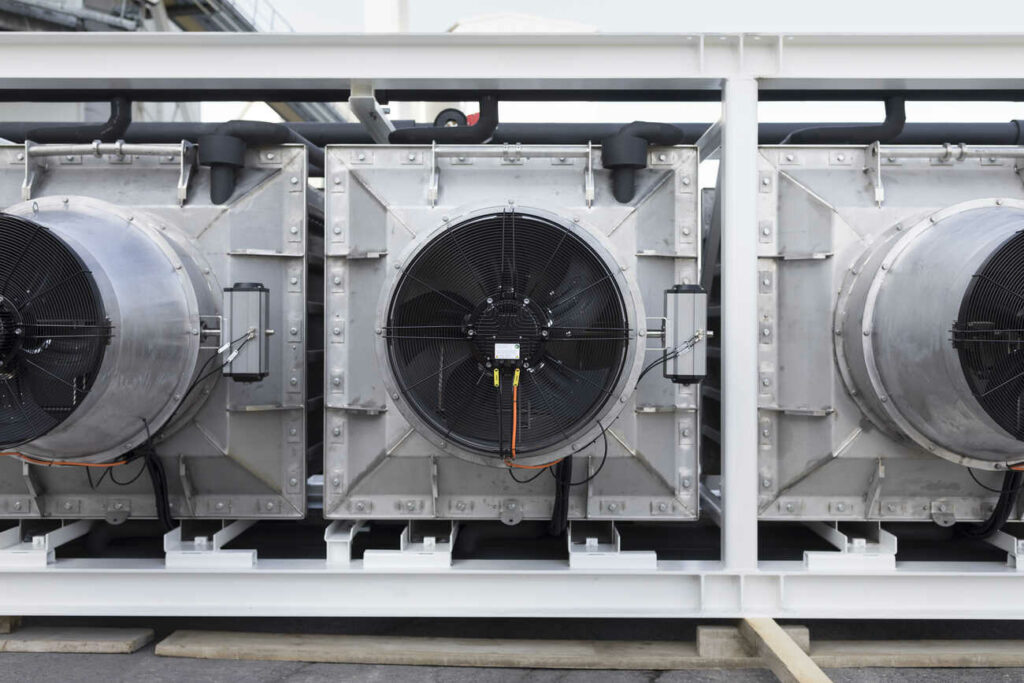lun, Sep 25th 2023
The Federal Council wants to use incentives instead of bans to encourage the population to protect the climate and halve greenhouse gas emissions by 2030 compared to 1990.

On Monday afternoon, the Council of States will discuss the new edition of the CO2 law.
The Council of States Commission for the Environment, Spatial Planning and Energy (Urek-S) largely supports the proposal. The revised law is intended to help achieve the net zero target by 2050 – which Switzerland has committed to under the Paris Climate Agreement – and secure energy supplies.
Sharper targets in road traffic
Overall, the majority of Urek-S agrees with the Federal Council’s proposals for the revised CO2 law. In some respects it wants to go less far than the government, in others it is more ambitious.
When it comes to the CO2 target values for new vehicles, for example, the Commission is requesting stricter requirements for passenger cars, in favor of more efficient vehicles and cars that do not use fossil fuels.
When it comes to the heavy vehicle tax (LSVA) for electrically powered trucks, the majority want to stick with the current law. The Federal Council could, as it already does today, exempt electric and hydrogen vehicles from the LSVA. A minority wants a LSVA reduction that is differentiated according to technology.
No money for charging stations
However, it is controversial whether federal funds should be used for electric charging stations in multi-unit buildings, at companies and in public parking lots. A slim majority of Urek-S are against it because they believe that private individuals should pay for these charging stations. Like the Federal Council, the minority wants to financially support the provision of these charging stations.
Like the Federal Council, the Commission wants to continue the compensation obligation for fuel importers, which expires at the end of 2024, and increase the maximum proportion of CO2 emissions to be compensated to 90 percent.
The importers should be able to pass on the compensation costs to consumers as a surcharge. However, as before, the surcharge may not exceed five cents per liter of fuel.
A new obligation to transfer renewable fuels will be added. According to Urek-S, the Federal Council should set the minimum proportion of renewable fuels so that the associated costs do not exceed five cents per liter of fuel. This is intended to provide clarity at the gas pump.
Emission value on flight ticket
Flights should also use renewable fuels. The Commission approves the proposed blending quota. The Commission also unanimously decided that CO2 emissions must be stated on airline tickets in the future. A minority is requesting an incentive tax for business and private jets.
The Council of States will deal with the proposal for the first time on Monday. It is the second attempt to revise the CO2 law. The first failed at the ballot box in June 2021 after the SVP took the referendum.
©Keystone/SDA
